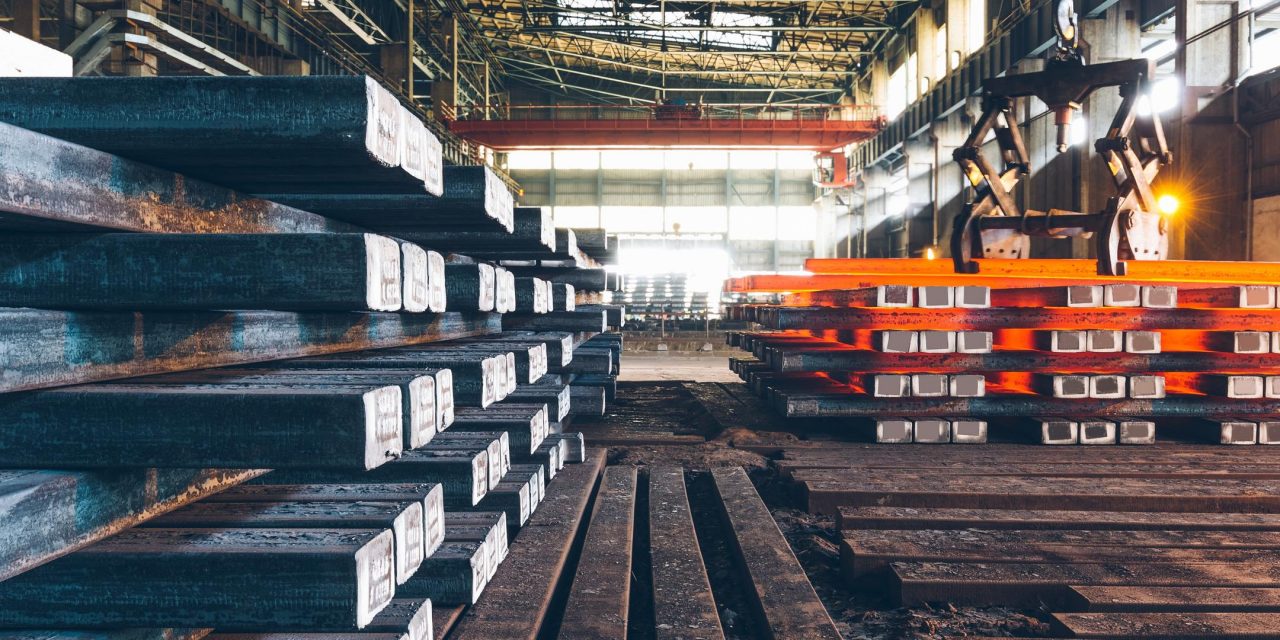The deal that the US and EU reached on Oct. 31 to replace the Section 232 metals tariffs with a tariff-rate quota on imports from the EU could harm Turkish steel exports to the US, according to Ugur Dalbeler, VP of the Turkish Steel Exporters’ Union (CIB) and CEO of major Turkish steelmaker Colakoglu. He told S&P Global Platts Nov. 1 that following this deal nearly all the steel import requirements of the US market could be met.
“EU joined the countries, which are exempted from Section 232 tariffs and could be able to export to the US under quota regulations, like Canada, Mexico, Brazil, Argentina and South Korea. Imports from these countries could now meet nearly all of the US’ steel import requirements,” Dalbeler said.
Turkey’s steel exports to the US showed some recovery signs this year despite the Section 232 tariffs. But, exports to that country remained notably below pre-Section 232 levels, as Platts has reported.
Highlighting that Turkey has been facing trade investigations in the EU market in recent years as well as quota regulations, the CEO said that due to the European Coal and Steel Community Agreement with EU, Turkey should be also involved in the latest Section 232 agreement between the EU and the US.
“If we couldn’t provide this, we should protect our own market from unfair and devastating competition, otherwise we may face unrecoverable damages,” Dalbeler said, noting that Turkey couldn’t respond to the EU’s unfair trade investigations with counter measures till today under the reciprocity principle.
Turkey started a dumping investigation against HRC imports from the EU region and South Korea with a presidential decree published in the country’s official gazette on Jan. 9, 2021. However, no result of the investigation has been announced yet, although it could be announced within the last two months of the year, according to some industry sources.
The possible rise in EU steel exports to the US due to high prices there could soften prices in the US market and could support prices in the EU market and create some availability issues in the region, the rise in Turkish mills’ steel exports to the EU could remain limited due to quotas and trade investigations, according to a service center manager.
Following the dumping decision on Turkish HRC in April, The European Commission (EC) opened an investigation into hot-dip galvanized coil imports from Turkey and Russia on June 24, alleging imports of certain corrosion-resistant steels originating from these countries were being dumped.
Pre-disclosure of the investigation is expected on Dec. 24, while provisional measures, if any, will be imposed by the EC by Jan. 24, 2022. Definitive measures could be announced on July 20, 2022.
Highlighting that “green transformation” is a necessity for the future of the steel industry, the manager also underlined that Turkey should take the necessary steps in this regard to maintain its shares in export markets in the coming years, particularly in the EU and the US.
— Cenk Can






